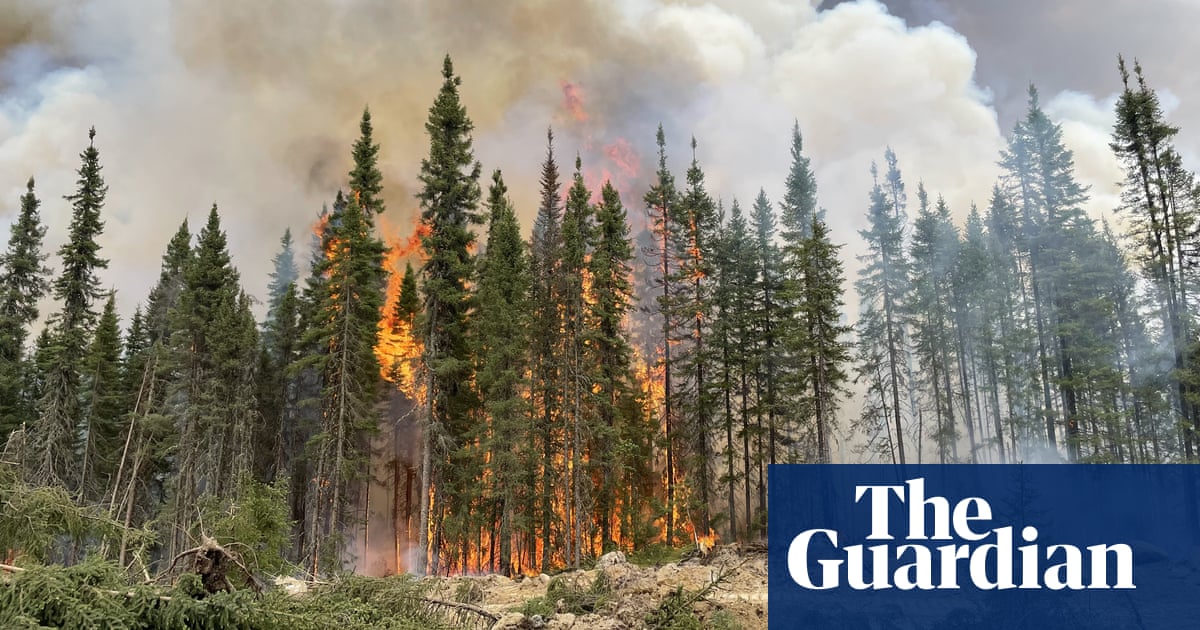
The massive and deadly floods that struck South Africa in April were made twice as likely and more intense by global heating, scientists have calculated. The research demonstrates that the climate emergency is resulting in devastation.
Catastrophic floods and landslides hit the South African provinces of KwaZulu-Natal and Eastern Cape on 11 April following exceptionally heavy rainfall.
The South African president, Cyril Ramaphosa called the floods a “catastrophe of enormous proportions” and “the biggest tragedy we have ever seen”, later declaring a national state of disaster. At least 453 people were killed and the port of Durban, the largest in Africa, was closed, causing global disruption in the supply of food and minerals.
Other recent studies found that the heatwave in the Pacific Northwest region of North America in 2021 would have been “virtually impossible” without climate change, and that global heating exacerbated the extreme floods in Europe in July 2021 and the storms in Madagascar, Malawi and Mozambique in January.
“If we do not reduce emissions and keep global temperatures below 1.5C, many extreme weather events will become increasingly destructive,” said Dr Izidine Pinto, at the University of Cape Town and part of the team that conducted the analysis. “We need to drastically reduce greenhouse gas emissions and adapt to a new reality where floods and heatwaves are more intense and damaging.”
Dr Friederike Otto, at Imperial College London and also part of the team, said: “Most people who died in the floods lived in informal settlements, so again we are seeing how climate change disproportionately impacts the most vulnerable people. However, the flooding of the port of Durban is also a reminder that there are no borders for climate impacts. What happens in one place can have substantial consequences elsewhere.”
A brutal heatwave is being endured in India and Pakistan and is certain to have been made worse by global heating. “There is no doubt that climate change is a huge game changer when it comes to extreme heat,” said Otto. “Every heatwave in the world is now made stronger and more likely to happen because of human-caused climate change.”
Nick Silkstone, at the UK Met Office, said: “Temperatures are expected to peak on Saturday, when maximum values could reach around 49-50C [120-122F] in the hottest locations, such as Jacobabad, and the Sibi area of Pakistan. These values are around 5-7C above average for the time of year.”
The analysis of the role of global heating in the South African floods used weather data and computer simulations to assess how likely the extreme rainfall was to happen in today’s heated climate – 1.2C hotter than before the industrial age – and in the unheated climate of the past.
The results showed such extreme rainfall could now be expected about once every 20 years compared with only once every 40 years in the past, meaning it has become twice as likely. The assessment also showed the rainfall was 4-8% more intense than it would have been without climate change.
This is consistent with scientific understanding of how climate change influences heavy rainfall. As the atmosphere becomes warmer it can hold more water, increasing the risk of downpours.












